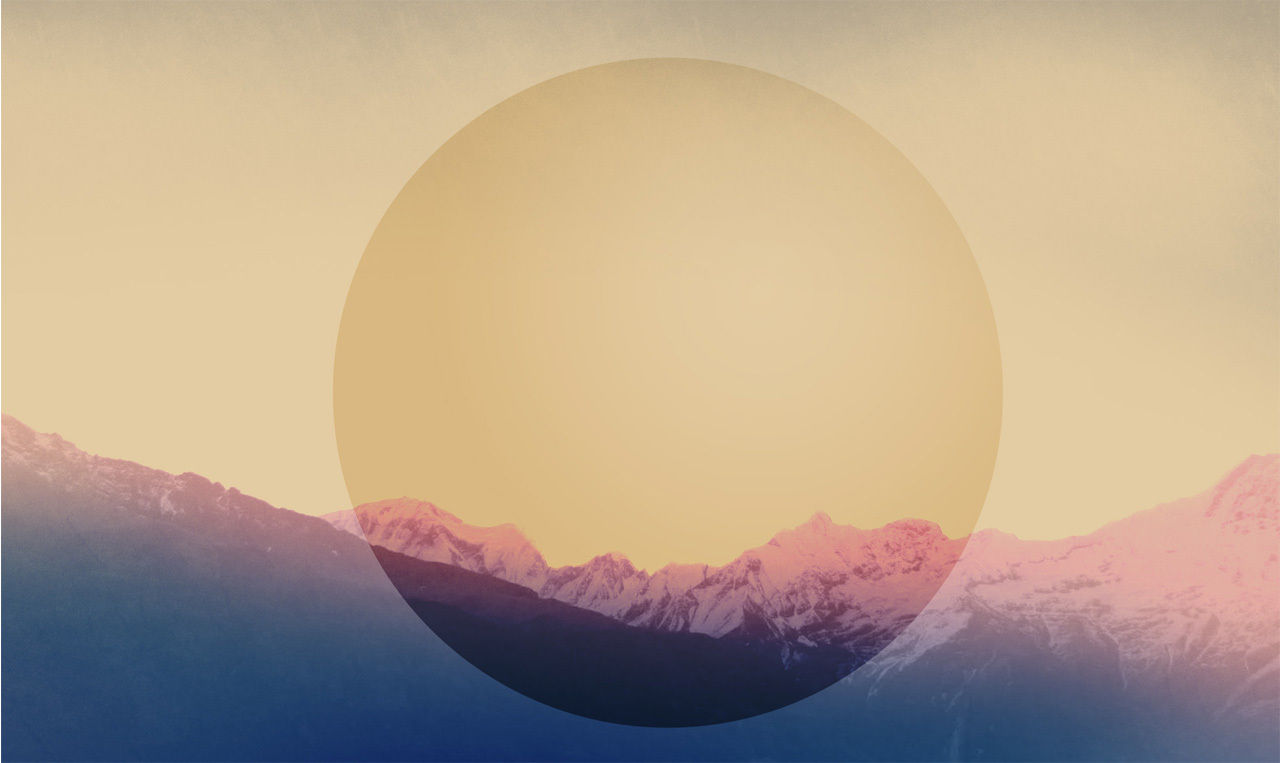
Life in Eastern Nigeria
Physical Environment
Eastern Nigeria sits on the gulf of guinea beside a secong bay known as the Bight of Biafra.
The Benue River forms the north edge of the region, and the Niger River forms the Western edge. This regions gets more rainfalls than other parts of Nigeria.
Long ago, there were rainforest, but people have cut down most of the trees to sell as timber. Today swamps (pantanos) line the coast.
The Niger River has built up a large delta where it enters the Gulf of Guinea. The Niger delta is one of the worlds largest wetlands and also contains Nigeria´s large oil deposits. The Niger River had served as an importan source of fish for the people in eastern Nigeria. Today pollution from oil spills has killed most of the fish in the delta. For all the wealth that oil brings to the country, oil pollution has made life difficult for Eastern Nigerians who used to depend on the river´s water and food.

After the oil spill.

Ethnic Groups: The Igbo
The Igbo are the largest ethnic group in Eastern Nigeria. This group of people first settle here thousands of years ago. They did not develop kingdoms, but instead lived in villages and each village was ruled by a council of elders. Each village speak its own dialect of the igbo lenguage. There are more than 300 Igbo dialects. About 18% of Nigerians are Igbo, the mayority speak english as their primarly lenguage.
During colonial times, the Igbo worked with British missioners and officials. Most became Christians, and many were educated at church schools. The British rewarded them with positions in business and government throught the colony.
After Nigeria became independent, things did not go well for the Igbo people. Other ethnic groups in Nigeria resented the power that the Igbo had. The Igbo people who had migrate to the other regions of the country were killed. At least one million more Igbo felt terror of their home region. In 1967 the Igbo tried to go away from Nigeria. Their goal was to form a country of their own called Biafra. Nigeria´s government sent troops to the region to stop the breakaway, and hundreds of thousands of people died as the result of the war that followed. In 1970 Nigeria was once more united as a country, but the memories of the war are still fresh in the minds of many Igbo.
culture
In the cities the Igbo build houses using mud briks, with metal roofs protecting the houses from heavy rains. In swampy areas, people build their houses on stilts.
During the rainy seasons, they paddle canoes to their homes and climb ladders (escaleras) to get inside.
The Igbo wrap themselves in colorful cloths. Igbo women wear one cloth wrapped around the lower body and another around the head. The men wrap a cloth around the lower body.
Across Africa, people create masks for rituals, ceremonies and festivals. Masked dancing is popular for the Igbo who make masks of wood or lather and decorate them with teeth, hear, fur (piel) and other materials. They desing their masks in secret and keep them hidden until they wear them to make the masks be misterious and important.
Economy
Farming used to be Nigerias main economic activity (today its oil) most of Nigeria´s wealth comes from selling oil to other countries. Foreign oil companies are in charged of the country´s oil industry. They control certain areas of the country and take most of the oil profits. They have great political influence.
In the past, these companies also brought in foreign workers instead of hiring local people. Nigeria´s government has worked to change some of these practices. Today manu Igbo work in the oil industry, but Nigeria does not benefit as much as it could.
Igbo also used education to improve their lives. During colonial times, manu igbo attend collage. Today their children and grandchildren serve Nigeria as doctors, lawyers and teachers.